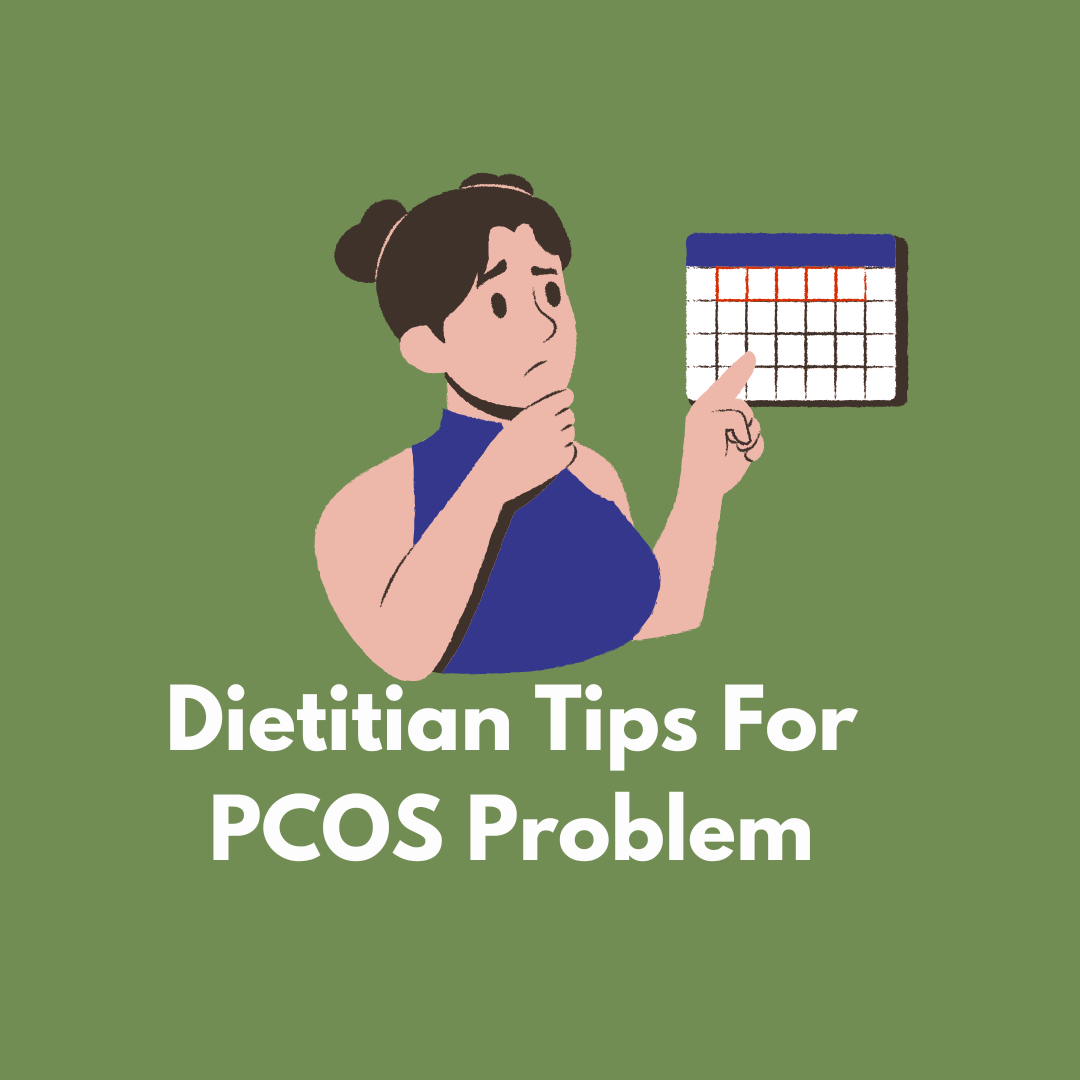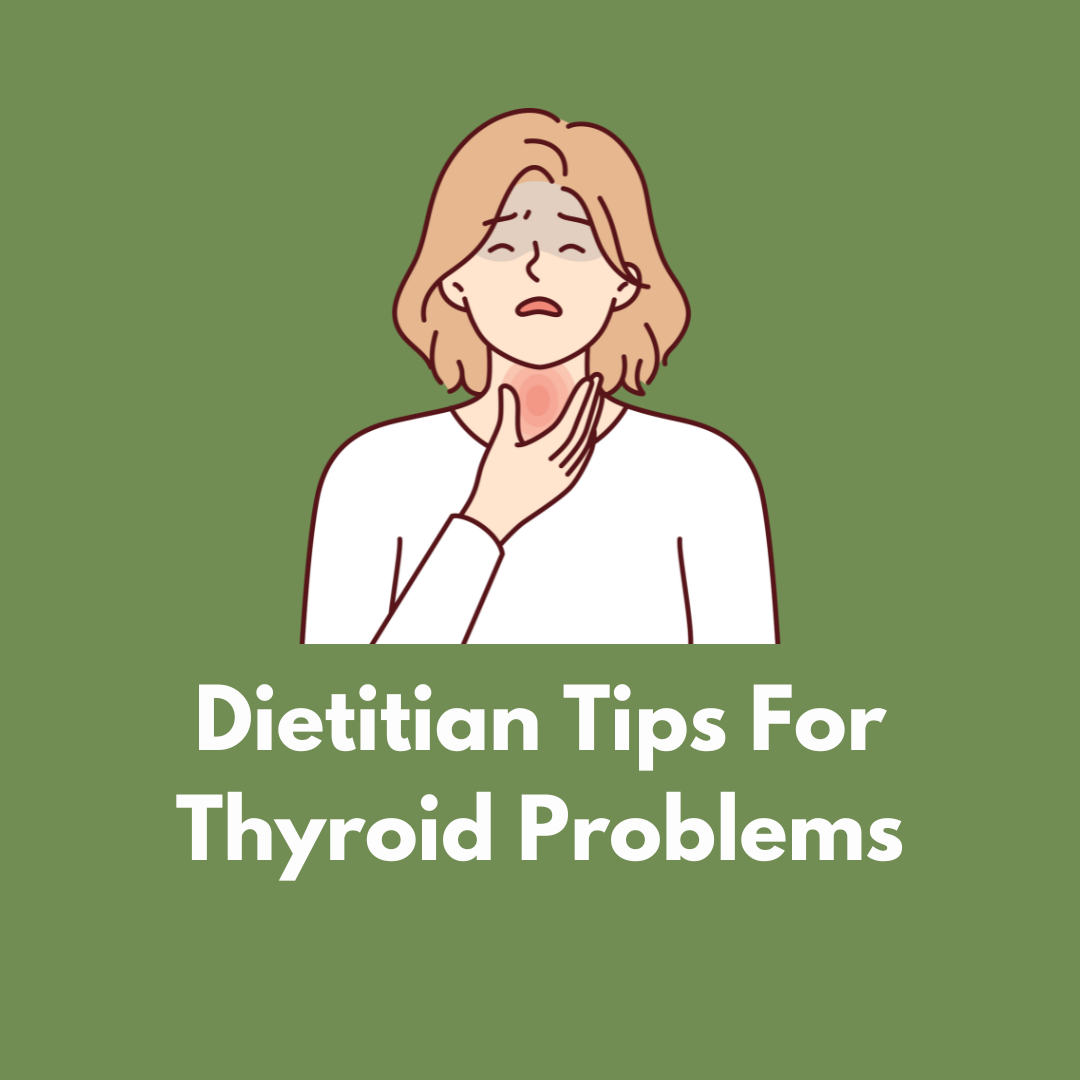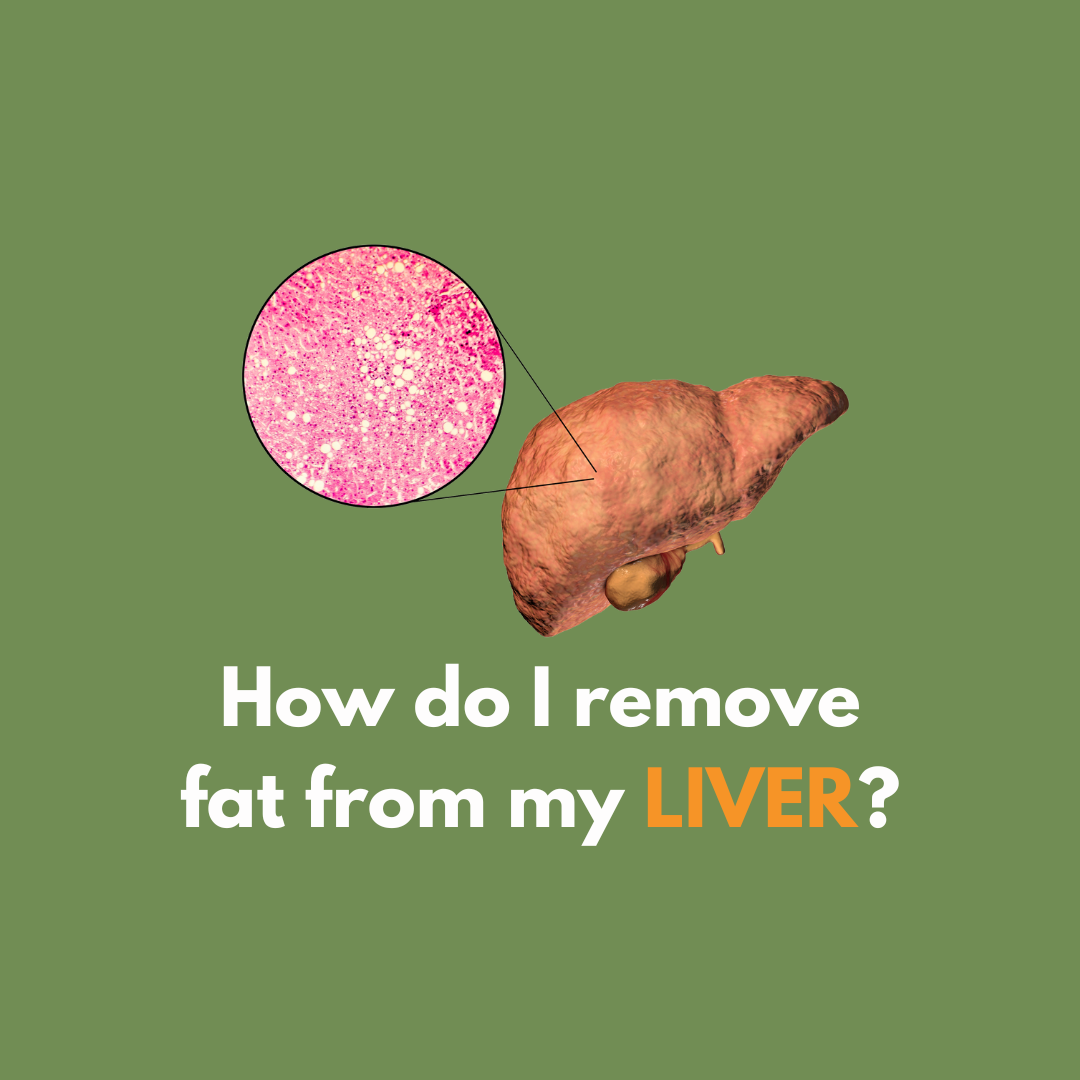Being an Indian, following a vegetarian diet is not surprising. As most of the Indian follows a vegetarian diet only. We all have been taught from our childhood that one should eat as many vegetables as we can as it helps in keeping us healthy. We have been told that vegetables are full of nutrients and that is why it is considered healthy to eat them. We are not denying this fact. But do you seriously think that eating vegetables will fulfil all your vitamins and minerals requirements? We know that vegetables do contain vitamins and minerals and they are very healthy for us. But not all the vitamins and minerals are present in the vegetables and that is the reason behind the vitamins and minerals deficiencies in vegetarians in India. No one is going to tell you about these vitamins and minerals deficiencies in vegetables.
But if you are a vegetarian or a vegan, you need to look at these common vitamins and minerals deficiencies. This will help you in knowing which of the vitamins and minerals you are missing on. And you will also be able to figure out that by what other ways or which supplements you can fulfil these vitamins and minerals deficiencies.
Protein – You cannot deny that most of the protein comes from the meat only. And when you follow a completely vegetarian diet, then you may miss on proteins. There are a few vegetables which have a good amount of protein present in them. Most of them contain less saturated fat and more dietary fiber. We suggest that if you are a vegetarian or a vegan, make sure that you add more protein-rich food in your diet. You can include other things also apart from the vegetables to get a sufficient amount of protein. Like nuts, seeds, whole grains, legumes, soy, and dairy products. Ensure that you are completing your daily requirement of protein.
Vitamin B12 – This is one of the vitamin deficiencies which most of the vegetarians are suffering from. We know that after a lot of research it has been said that one should cut on red meat as it can cause cancer. But that does not mean that one should completely avoid eating animal products. Most vegetarians are not being able to get a sufficient amount of vitamin B12. It is because this vitamin is mainly found in animal products only. There is a very limited amount of vegetarian food items from which one can get vitamin B12. And you should also know that vitamin B12 is essential for the functioning of the brain. It is also important for blood flow in our body. To get enough vitamin B12, you can start taking a supplement for it. However, supplements are not just enough for Vitamin B12. We suggest you include soy milk, dairy products, and ready to eat cereals in your diet. If possible, also try to include eggs and fish in your diet, to get enough amount of vitamin B12.
Vitamin D – You must be thinking that how Vitamin D is related to vegetarians. As the best source of Vitamin D is the sun. But during the winters, people are not being able to get enough amount of Vitamin D with the help of the sun. So, they will have to look for other food items to fulfil their requirement of Vitamin D. Vitamin D is very essential for our immunity system and also for our bone health. When we talk about the foods which have Vitamin D present in them, then most of them are animal products only like tuna, salmon, eggs, and other such items. There are a few vegetarian food items that you can have to save yourself from Vitamin D deficiency. Like mushrooms, soy milk, fortified orange juice, and cereals. There are some dairy products also which can fulfil your Vitamin D requirements like cow milk and cheese. Some supplements are also available, but without a doctor’s recommendation, we will not suggest you have vitamin D supplements.
Omega 3 Fatty Acids – Our body does not prepare Omega 3 Fatty Acids like other Omega Fatty Acids. So, we need to get them from different food sources. And most of the food sources which can provide a good amount of Omega 3 Fatty Acids are fishes. Like tuna, salmon, and trout. But if you are a vegetarian, you need to look for other food sources that can help you in fulfilling your requirement of Omega 3 Fatty Acids. Omega 3 fatty acids are good for our eyes, for the functioning of the brain, and the cholesterol also. If you want to avoid eating seafood for Omega 3 fatty acids, then here are some of the food items which you can rely on – walnuts, flaxseed, chia seeds, and soybeans. We suggest you go for walnuts and soybeans more if you want to fulfil the Omega 3 Fatty Acids requirement in your body.
Calcium – How can we miss on one of the most important minerals? But what if we say that vegetarians have a deficiency of calcium also. You must be thinking that when you are taking enough dairy products then how can you miss on the calcium. Because most of us think that dairy products especially milk will help in fulfilling the calcium requirement. But alone the calcium from dairy products is not enough. You should know that if you will not have the required amount of calcium in your body, your bones will start becoming weak. So, if you do not want to go for the animal products for fulfilling your calcium requirement, there are a few other food items that you should add in your diet. Like kale, bok choy, broccoli, collard green, chickpeas, black beans, turnip greens, soybeans, and almonds. Especially, if you are a vegan and do not want to go for dairy products, these food items are quite useful for you for calcium intake.
Apart from these vitamins and minerals deficiency in vegetarians, there are a few more. Like zinc, riboflavin or B Vitamin, iron, etc. If you are planning to take supplements for any of these deficiencies, we recommend you to check with the doctor first. And ensure that you add all the food items in your diet, which we have mentioned above so that you do not miss any of these vitamins and minerals. If possible, try to add the animal-based products in your diet, as it will not just fulfil the requirement of these minerals and vitamins. But it will also help in keeping you healthy.



